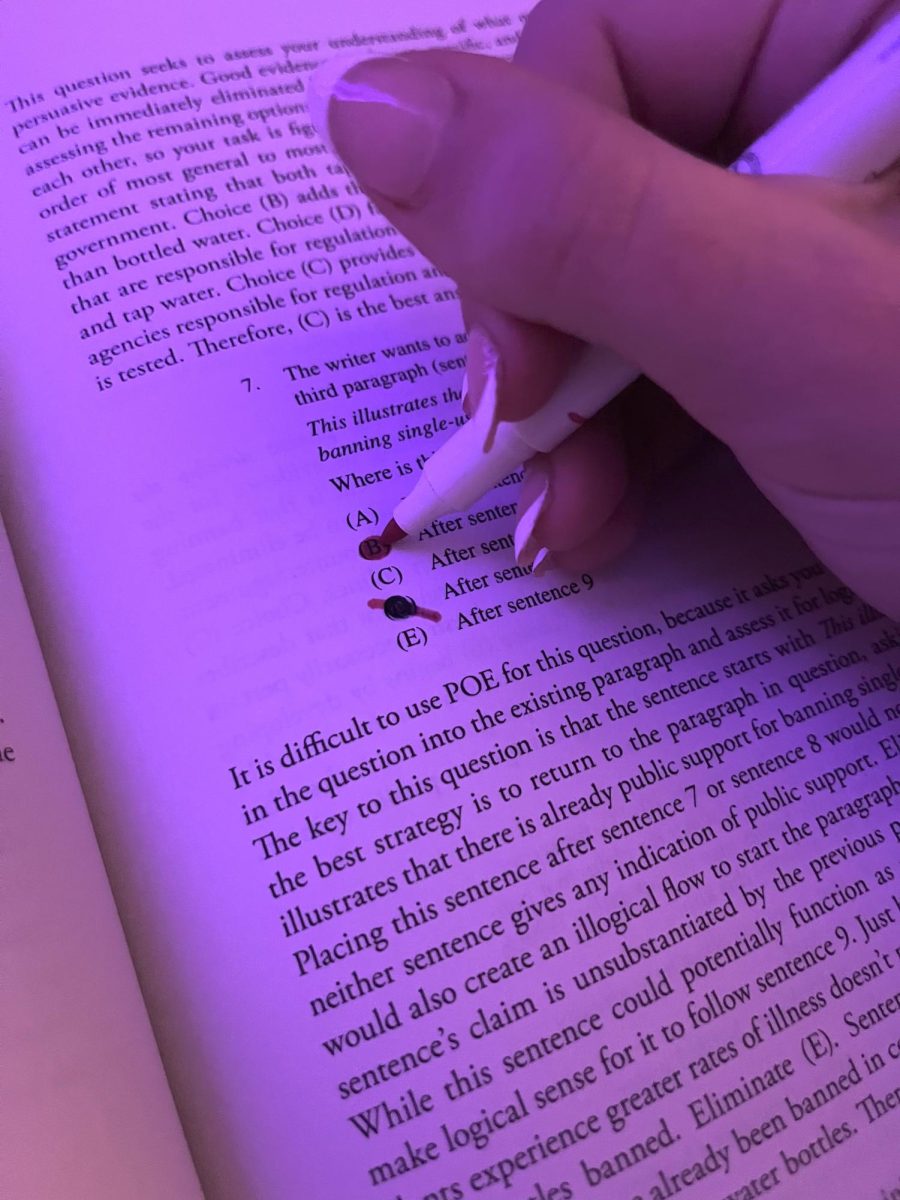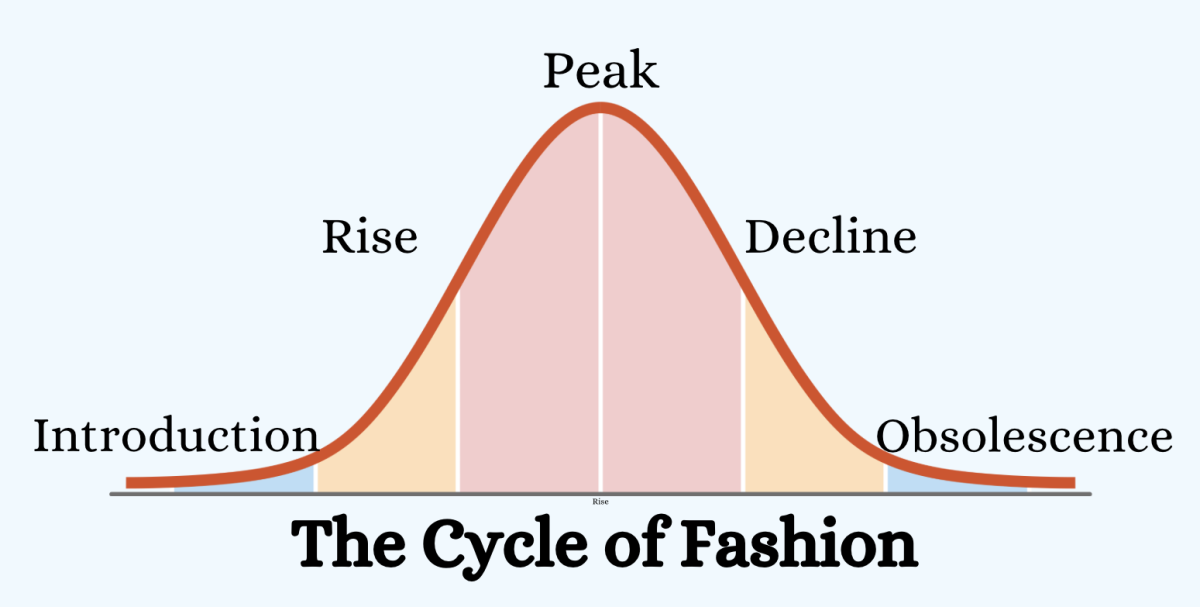- Reading
Reading is the fastest and most streamline way to build emotional intelligence. By forcing the reader’s brain to put itself in the narrator’s shoes, we understand the story better. Our brains also attempt to simulate experiences that are happening in the novel. For example, if the main character is coping with her husband’s death, the brain will try and replicate that experience for you. The brain performs a similar function for emotions. So if the main character is experiencing guilt or shame, the brain will feel those emotions as well. And when you’ve felt all these emotions, you’re better equipped to know how to respond to someone who is also feeling them. This, along with perspective shifting and replicating experiences is the most direct pathway to building your EQ.
2. Labeling your emotions
Labeling your emotions is also a great tactic. Once you can understand how you’re feeling, you can do two things: reflect on what specifically made you feel that emotion and how you can better react to or cope with it. So for example, say someone makes a half joking comment about how your test taking skills are poor. Say your reaction to this is immediate and aggressive, so you start insulting the person who insulted you. After you’ve left the situation what you would do is label the emotion. In this case it was anger. Then you can analyze what made you feel angry. Was it the person who said the comment? The comment itself? The way the comment was said? Let’s say you come to the conclusion that the comment itself made you angry regardless of the fact that it may have been your friend or that they were joking. You might draw the conclusion that you are insecure about your test taking abilities, and so the friend’s comment was salt on a wound that the friend didn’t know you had. You decide that next time you can take a breath before responding aggressively or you can exit the room. You may also decide to address the comment with the friend and explain that test taking is a sensitive topic for you. By doing this, you’ve learned a little more about yourself and what pushes your buttons, and if prompted you can articulate why you reacted the way you did.
3. Practice active listening
Active listening is something a lot of people struggle with. Most times, people listen with the intent of offering their own advice, when instead people should listen with the intent of ensuring the person they’re talking to feels heard and understood. Maintaining eye contact, facing the person, and nodding are all ways to show you’re listening. By doing these small acts, you’re training your brain to perceive the emotions and perspective of another person.
4. Taking responsibility for your feelings
This last one is a big one. I honestly think it’s the cause of most emotional immaturity. It comes down to one simple idea, which is that you are the only one responsible for you. It doesn’t matter that someone said something to you, you have to take responsibility for your reaction no matter what. When you decide you’re going to take responsibility, you naturally become less reactive because you know you’re going to have to own up for it later. The best thing is to not blame anyone else for the things you do. Once you learn to do that, you’ll have a higher EQ than most people. “When I started reading more, I noticed an almost immediate change in the way I communicated with my friends and family. I was more in tune with how they were feeling and I found it easier to communicate with them.” — Nikita Gupta (12)





































